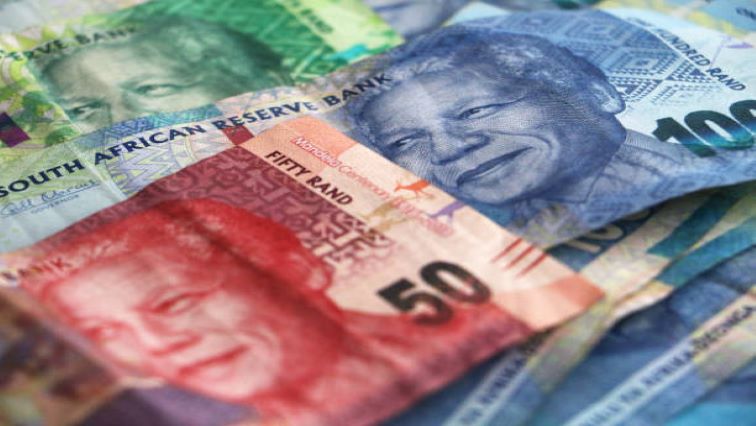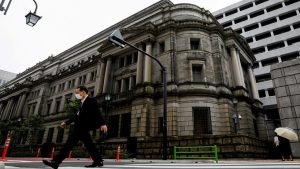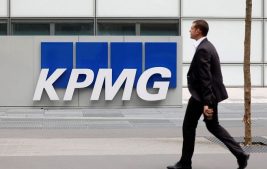Last month’s decrease in the fuel price helped ease inflation slightly in September. Data from Statistics SA shows that annual consumer price inflation came in at 7.5% for the month, down from 7.6% in August.
The main contributors to the annual inflation rate were food and non-alcoholic beverages, housing and utilities, as well as transport.
Inflation pressures remain elevated, with food prices continuing to increase. The highest rate of increases in the food category was recorded in the oil and fats, as well as the bread and cereals products.
Transport remains a large contributor, despite the decrease in the price of fuel in September, following months of steep increases. A litre of petrol decreased by R2.04 cents while the price of diesel dropped by 56 cents per litre.
Economist, Murendeni Nengovhela from Alexander Forbes, says it is expected that inflation will continue slowing on the back of the easing global economic performance.
“We believe that inflation will continue to ease further given that inflation is actually constructed in 2 elements: 70% is global supply constraints that we have actually seen and 30% is actually demand, and if you look at those, global supply indices have actually come down significantly despite the move by OPEC to cut oil production by 2 million barrels per day. We also saw the US saying they will release some of the reserves releasing around 10 million barrels per day, the other element to this is the global economy is actually on a slowdown and we are seeing low global demand when you look at oil,” explains Nengovhela.
Analysts say the high inflation rate will likely lead to the Reserve Bank continuing to hike interest rates in a bid to bring it under control.
Liberty Group South Africa’s Economist Zandile Makhoba says, according to the forecasts of the Reserve Bank, they expect CPI inflation to be below the 6% mark around the middle of next year, and that the year 2023 may close off the at around 5.3%.
“It’s going to take a bit of time, but it will begin to show that improvement and the other impact is whether we’ll see further interest rates increases, and it does depend on what we see now. We are still above the inflation target, which does leave room for further increases, and we are also monitoring what is happening in the US. If the Fed [Federal Reserve, the central bank of the USA] raises interest rates, it does put pressure on the [South African] Reserve Bank to do the same,” says Makhoba.
Consumer inflation has been above the Reserve Bank’s target bracket of 3-6% for a fifth consecutive month.
The central bank expects inflation to average 6.5% this year.






